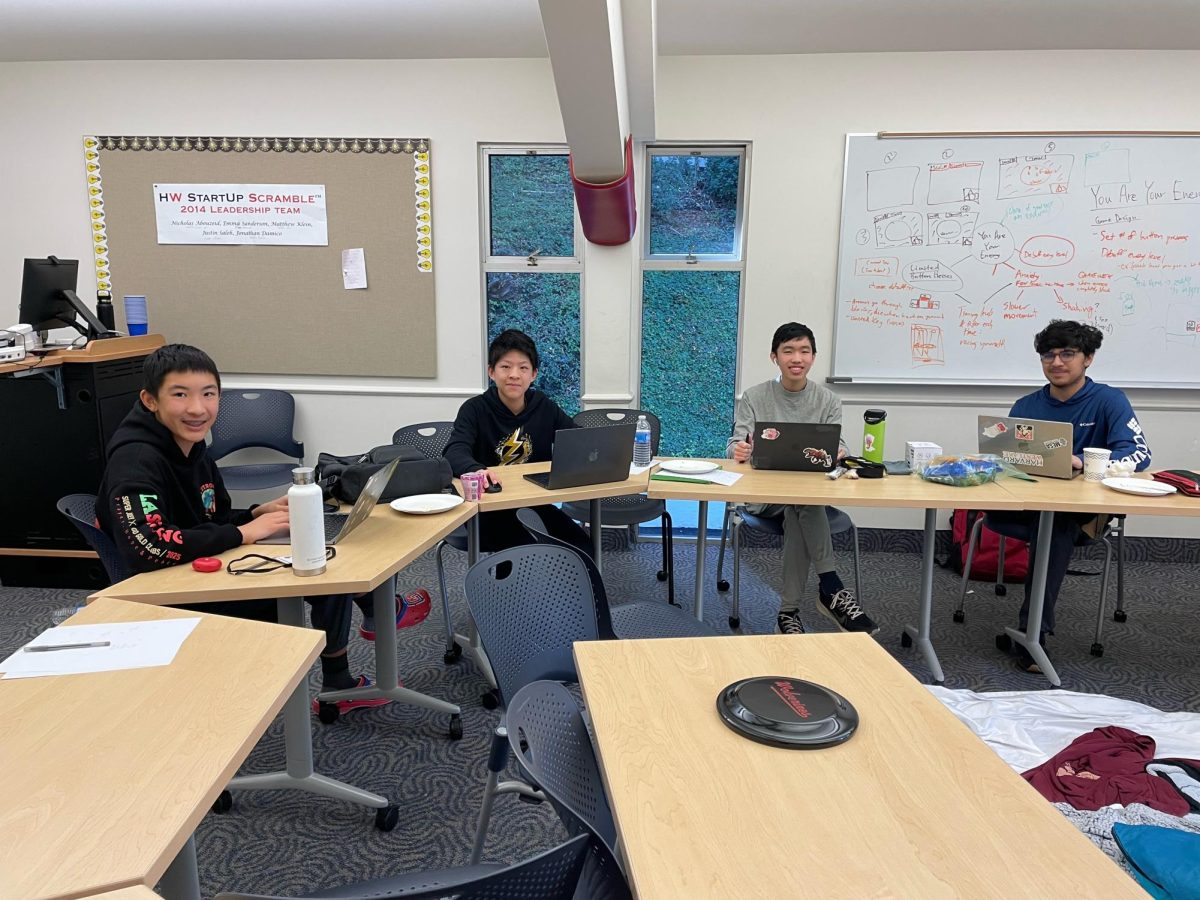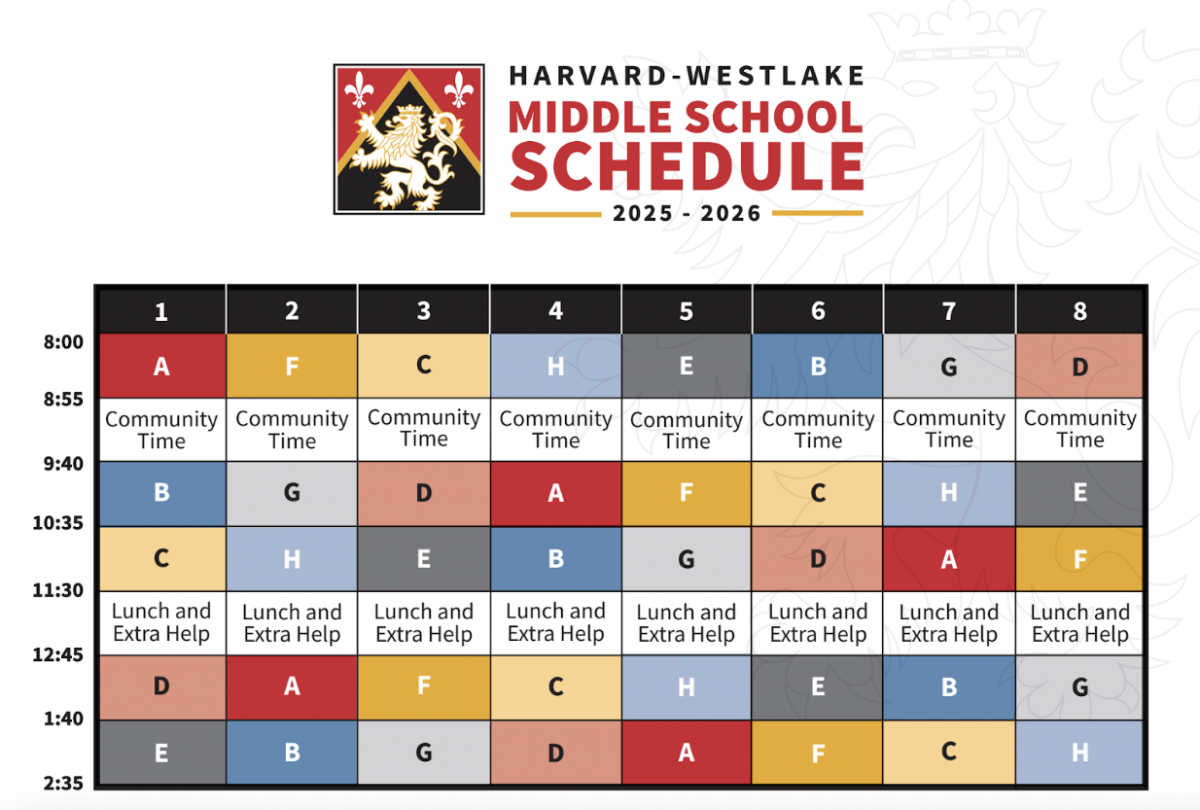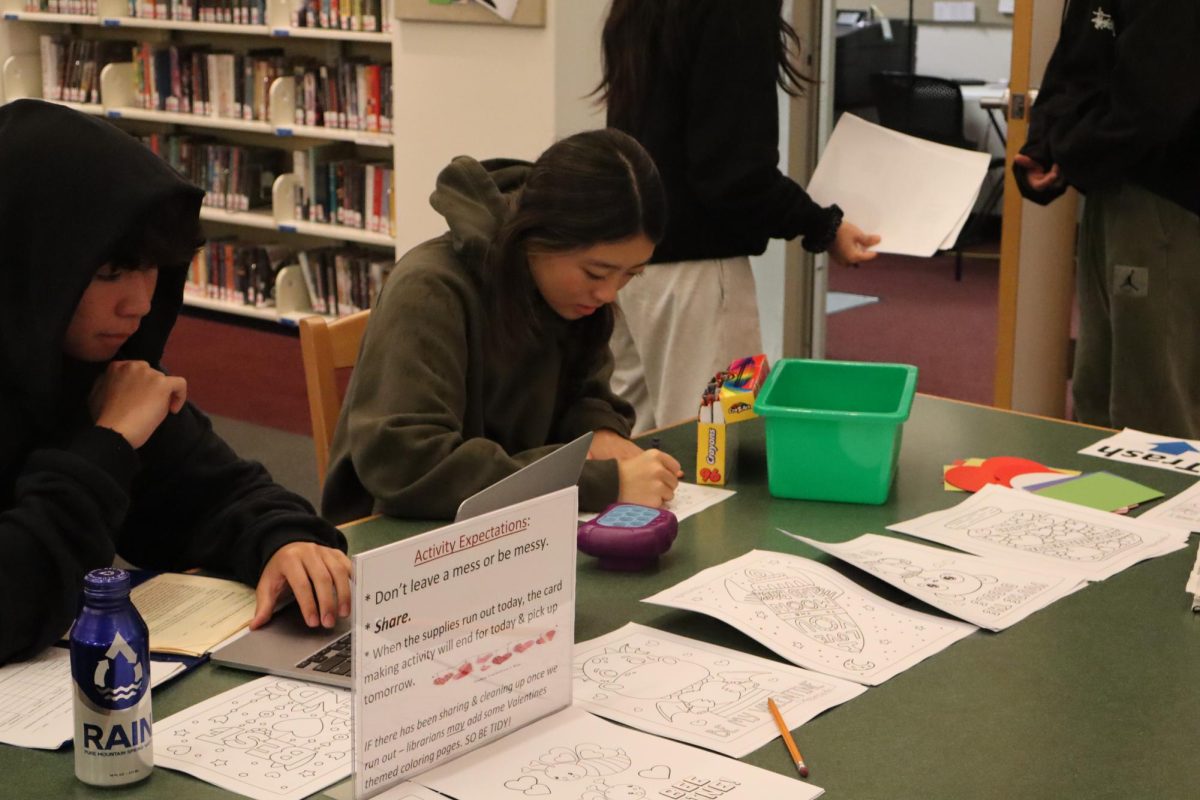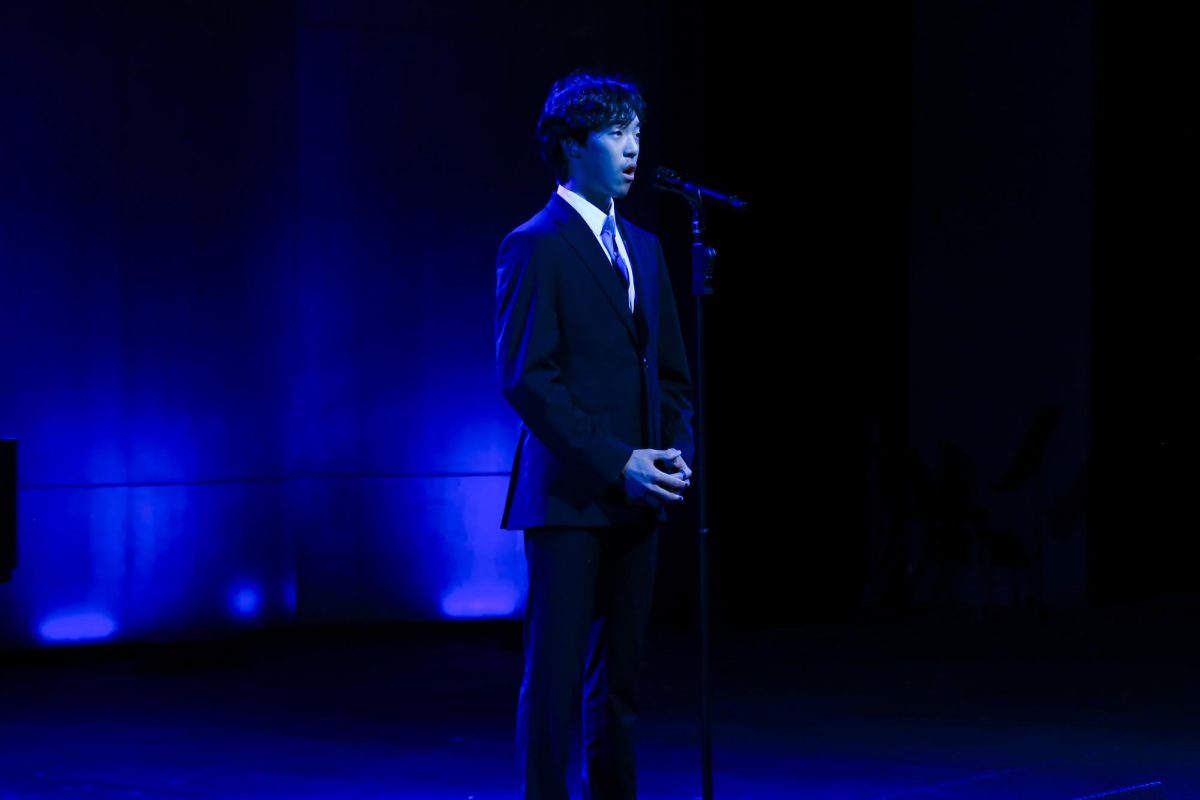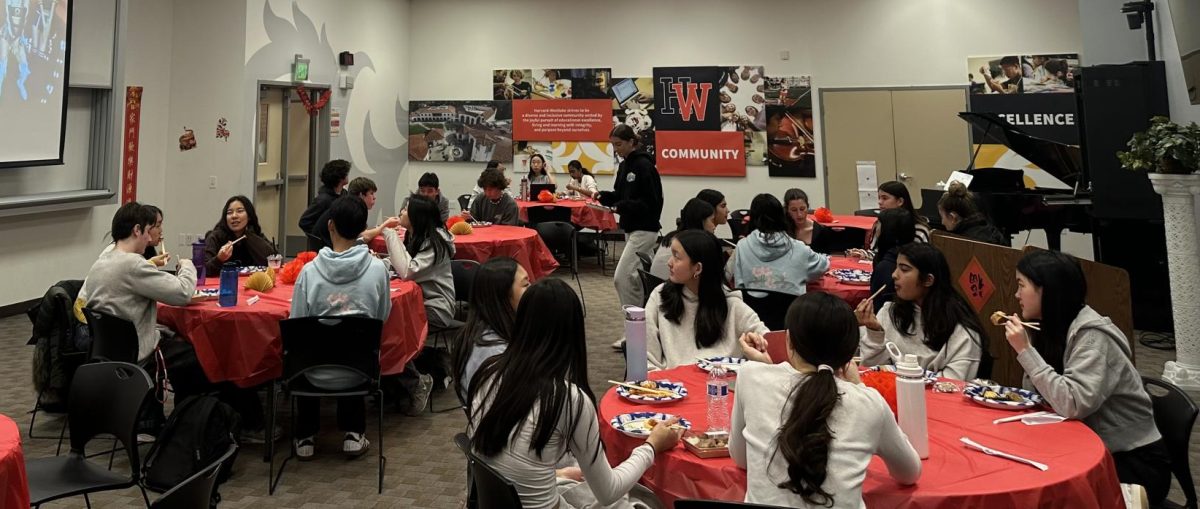Andrew Yang, a Democrat presidential candidate, attended an intimate fundraising event hosted by Harvard-Westlake (HW) parent Rachel Yang at her family’s home.
There are 20 Democrats running for president in 2020. Of those, five are women and three (Tulsi Gabbard, Kamala Harris and Andrew Yang) are Asian American Pacific Islanders.
“I’m thrilled that the candidates are as diverse as we are and I’m thrilled to be adding to that diversity as the first Asian American man to run for president as a Democrat,”Andrew Yang said.
Joy Ho ’22, one of Rachel Yang’s daughters, said that she thinks the diversity of the 2020 presidential race is amazing.
“Growing up, I never saw an Asian candidate, and I didn’t see a lot of women candidates either,” Ho said. She said she planned on helping out with the 2020 presidential election.
“This is going to sound really cheesy, but [teens are] actually the future and we can actually make an impact,” Ho said. “And I think that our generation especially has a lot of opinions and a lot of thoughts.”
She wants to find a candidate to support and volunteer to help out with the candidate’s L.A. headquarters. Ho says that teens could make a large impact if they “help out with the people that [they] think best represent the opinions and thoughts that [they] support.”
Andrew Yang has three main policies: the Freedom Dividend, universal healthcare and human-centered capitalism. The Freedom Dividend is a universal basic income of $1,000 every month for every American adult.
Currently, Alaska is the only state with a UBI. Alaska uses oil revenue to give each Alaskan between $1,000 to $2,000 annually. The Alaskan UBI does not distinguish between income levels.
“So one of the benefits here is it becomes very popular,” Andrew Yang said. “There’s no stigma attached to it, there’s no need to monitor people’s incomes, there’s no incentive to underreport how you’re doing individually.”
Jeremy Frindel, a videographer and video editor for Andrew Yang’s campaign, said he is a fan of the UBI policy.
“I feel like taking care of people is something that other people should want to do and I feel like he’s looking to take care of people in a way that I’m not hearing many other people suggest,” Frindel said.
Human capitalism, another of Andrew Yang’s policies, has three central tenets, according to Andrew Yang’s website. First, it places humans above money. Second, humans are the units of the economy. Third, markets should serve the common goals and values.
Andrew Yang plans to gain funding for his policies by taxing large technology companies.
“To me, the biggest problem fiscally in the US is that we’re not harnessing the gains of the 21st century economy, of the American people, in an effective way,” Andrew Yang said.
He brought up the example that Amazon paid zero dollars in federal taxes in 2018.
“You’re going to have a hard time paying for a lot of things if your biggest companies are literally paying zero in taxes,” Andrew Yang said.
Paul Tung, an attendee at the event, believes Andrew Yang is brilliant and forward-looking.
“He backs up his policy with data,” Tung said. “He’s not saying this or that due to emotion or whatever other reason. He has data to support him.”
At the event, Andrew Yang gave a short talk and answered questions at the event. There was also an opportunity to take photos with him.
The event raised about $30,000 and about one-third of the attendees were HW families, according to Rachel Yang.
“I like the spirit of his campaign is moving forward,” Rachel Yang said. “Not left, not right, but forward. The second thing I like is that he stays away from attacking other candidates.”
Rachel Yang said she’s considering organizing similar fundraisers after Andrew Yang’s third and fourth debate.
“I’m not very political myself, but I’m looking forward to meeting him,” Terrence Tao, father of William Tao ’21, said. “It’s not every day you get to see a presidential candidate.”

